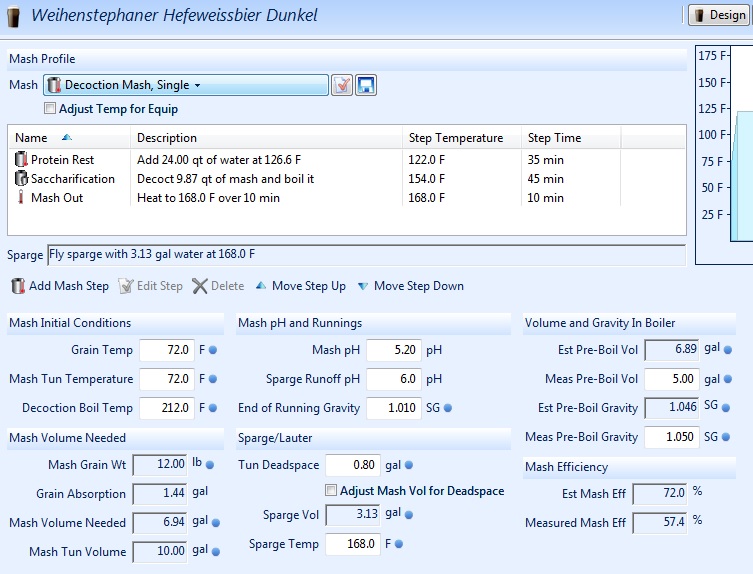... that is the question.
I tried searching for experiments to see if decoction of grain really makes a difference in taste. And if it does, by how much? Wondering if it is worth the extra steps.
Anyone make a non-decocted weizen and have the taste come out to style?
I tried searching for experiments to see if decoction of grain really makes a difference in taste. And if it does, by how much? Wondering if it is worth the extra steps.
Anyone make a non-decocted weizen and have the taste come out to style?






![Craft A Brew - Safale S-04 Dry Yeast - Fermentis - English Ale Dry Yeast - For English and American Ales and Hard Apple Ciders - Ingredients for Home Brewing - Beer Making Supplies - [1 Pack]](https://m.media-amazon.com/images/I/41fVGNh6JfL._SL500_.jpg)




















































